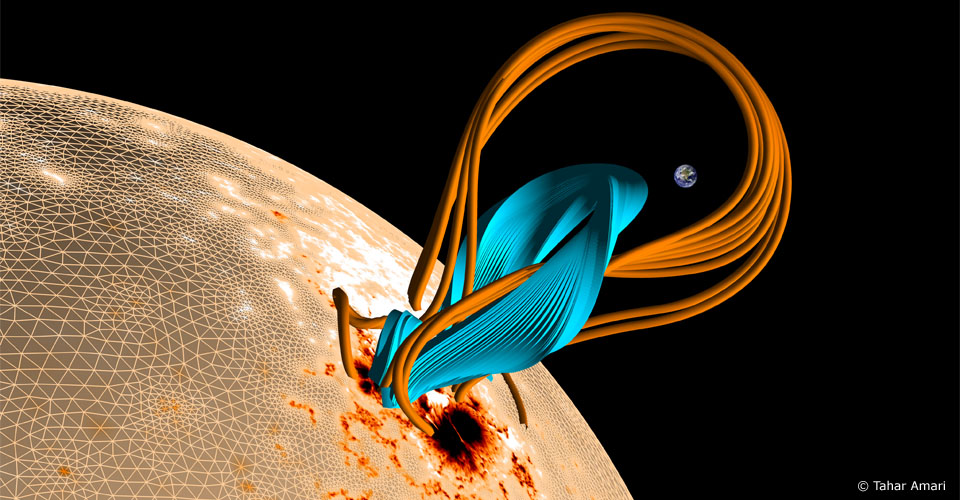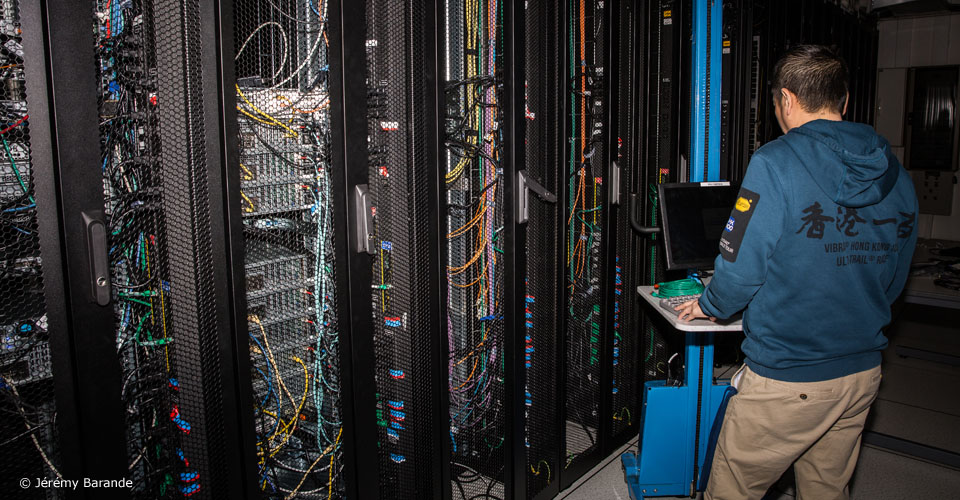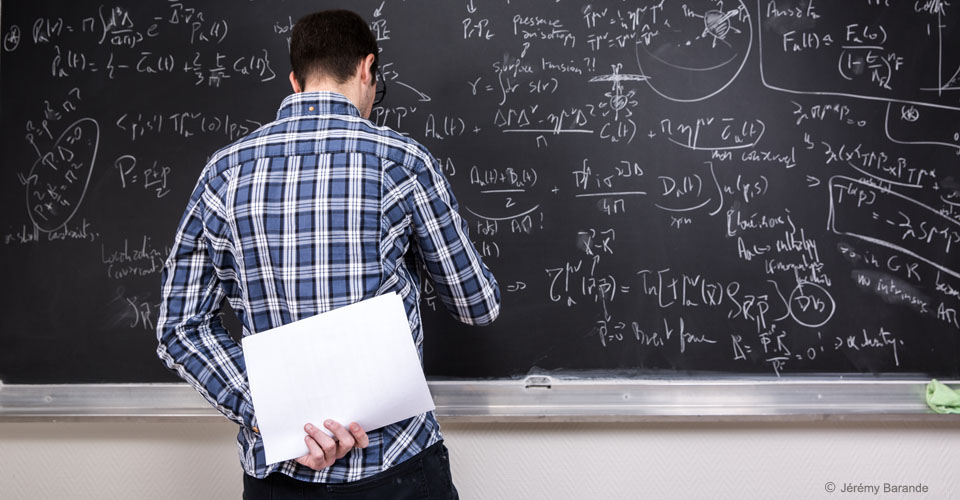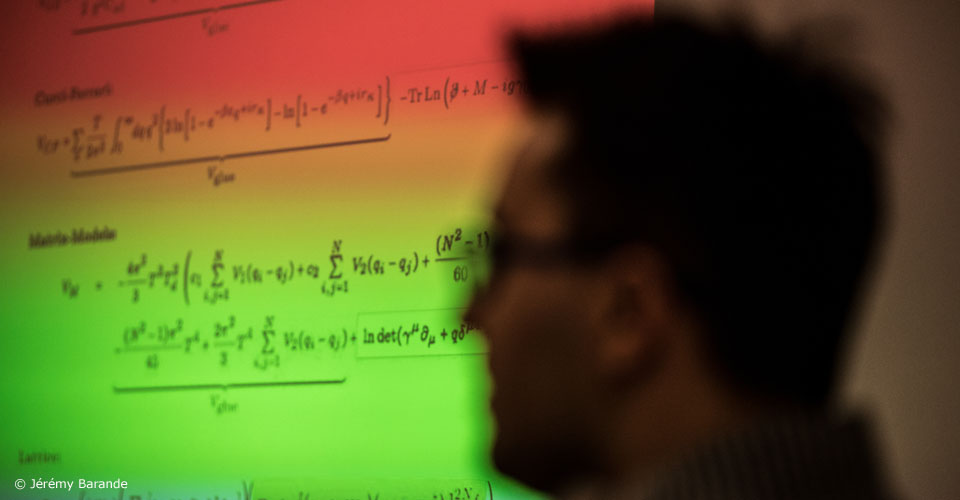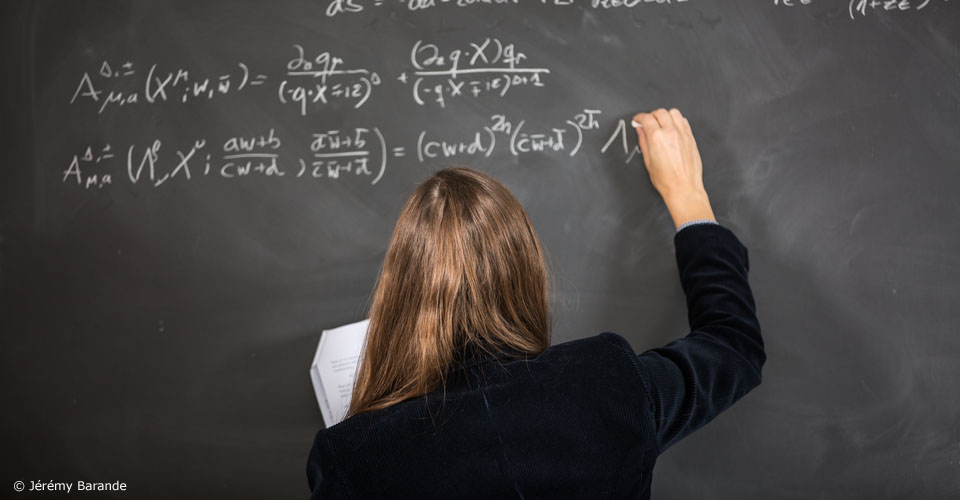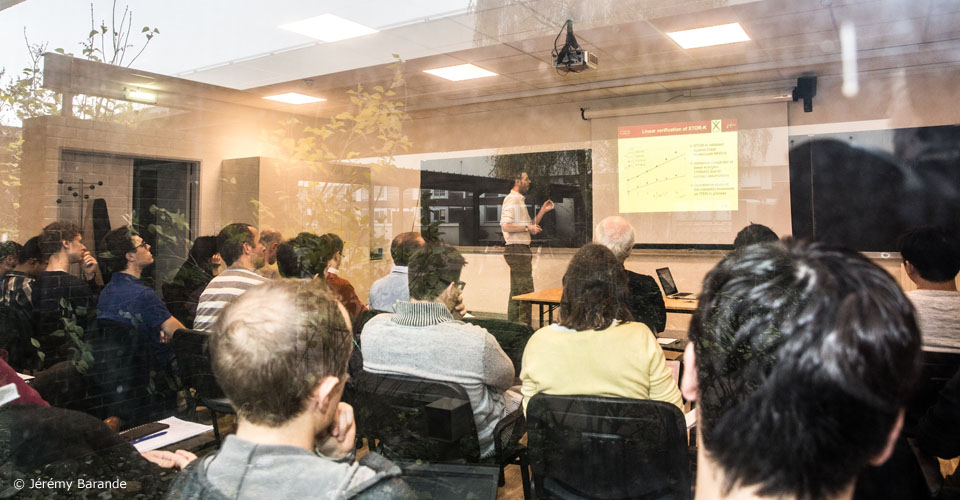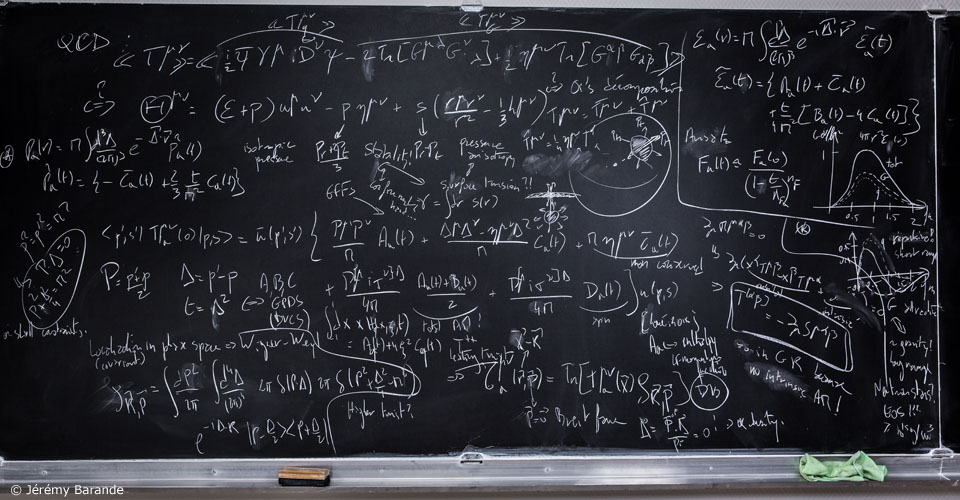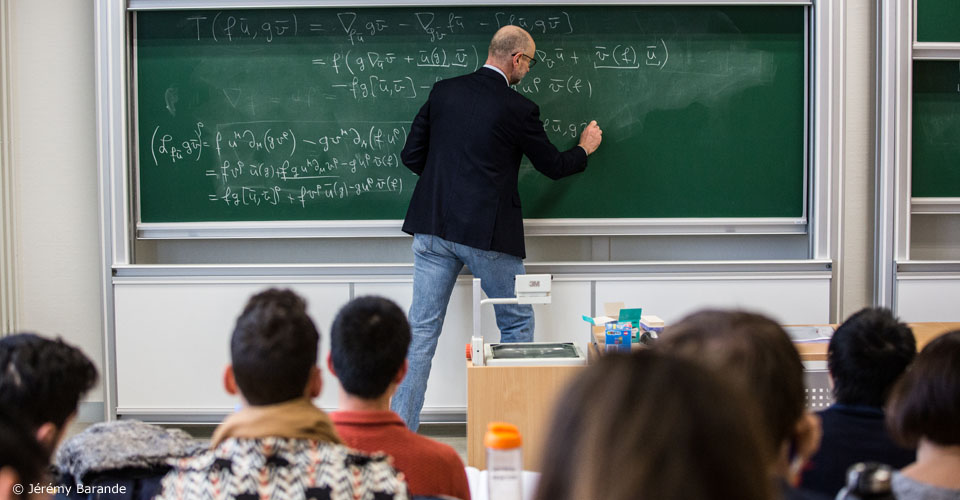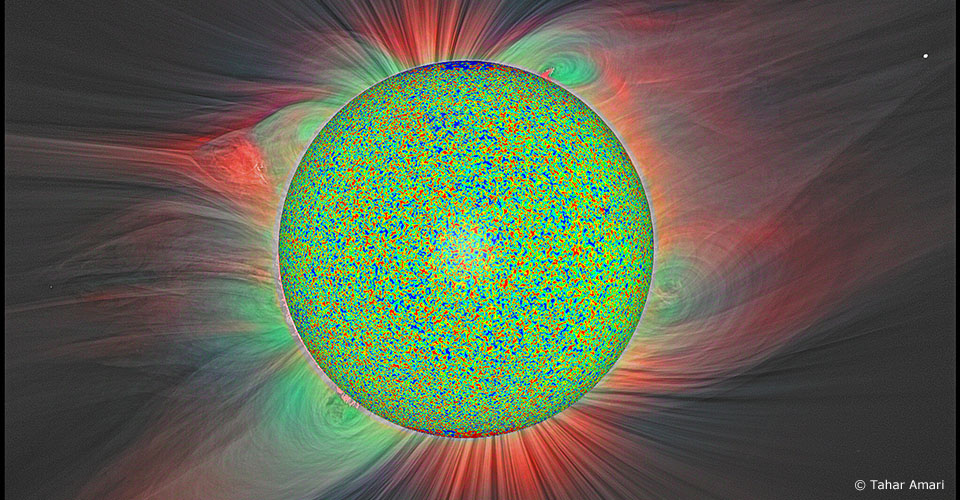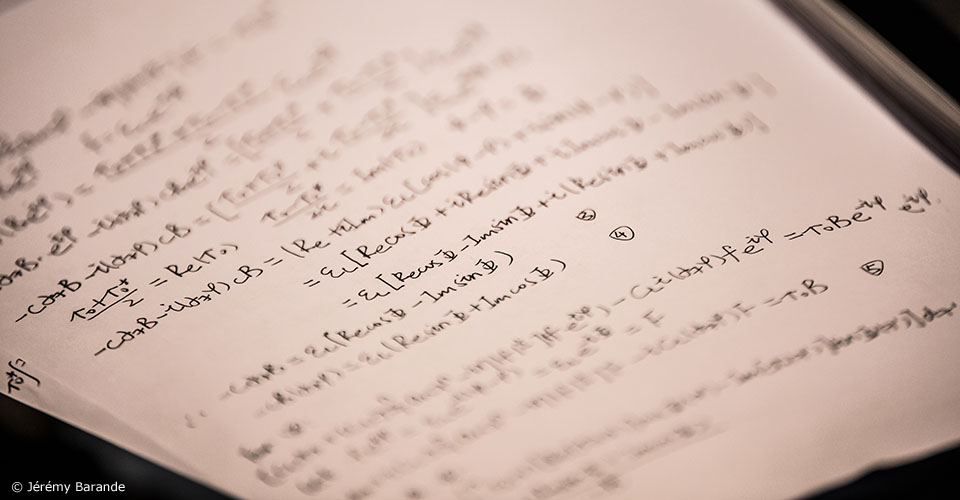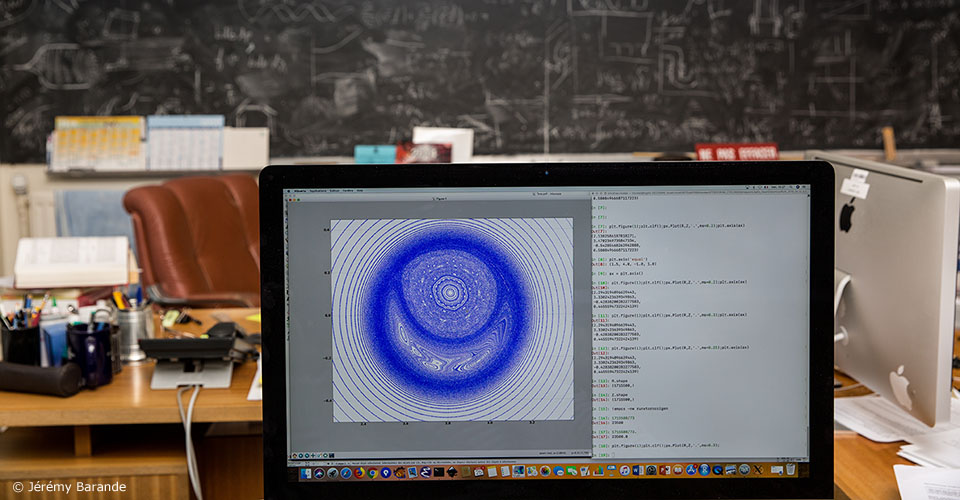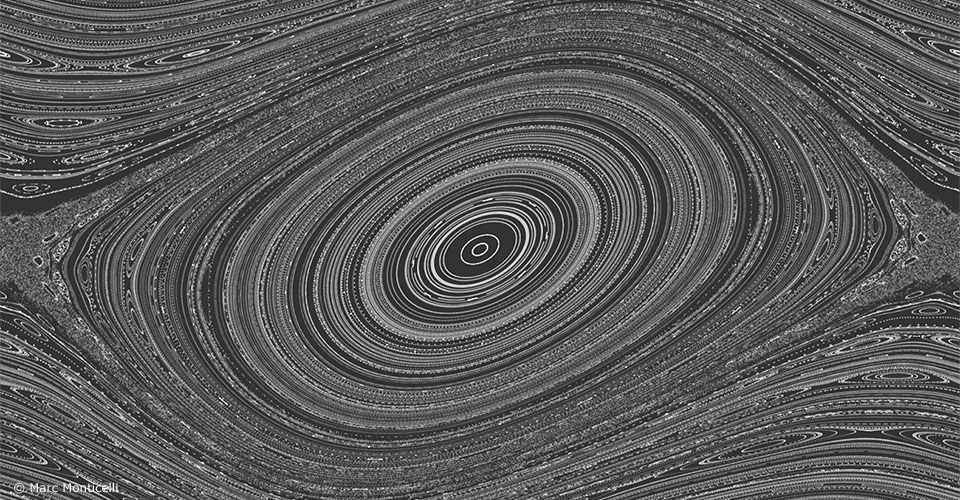Ephraim Bernhardt soutiendra publiquement ses travaux de thèse le 18 septembre 2023 à 10h30 au CPHT dans la salle de conférence Louis Michel.
Titre : Topologie et effets de désordre dans les systèmes de spin quantique ouverts et en interaction et leurs analogues
Directrice de thèse: Karyn Le Hur
Résumé
Jury :
Alberto Rosso, Directeur de recherche au CNRS, LPTMS, Université Paris-Saclay (Rapporteur)
Thomas Schmidt, Professeur, Université du Luxembourg (Rapporteur)
Cristiano Ciuti, Professeur, MPQ, Université Paris-Cité (Examinateur)
Michel Ferrero, Chargé de recherche au CNRS, CPHT, École Polytechnique (Examinateur)
Loic Henriet, Chief Technology Officer, PASQAL (Examinateur)
Peter P. Orth, Professeur, Universität des Saarlandes (Examinateur)
Matteo Rizzi, Professeur, Universität zu Köln, (Examinateur)
Karyn Le Hur, Directrice de recherche au CNRS, CPHT, École Polytechnique (Directrice de thèse)
Cyril Elouard, Junior Professor, LPCT, Université de Lorraine (Invité)
La soutenance sera suivie du pot de thèse dans la salle Jean Lascoux au CPHT.
Après le pot de thèse, une conférence sera organisée sur le thème "Quantum many-body physics - new directions and modern applications"

